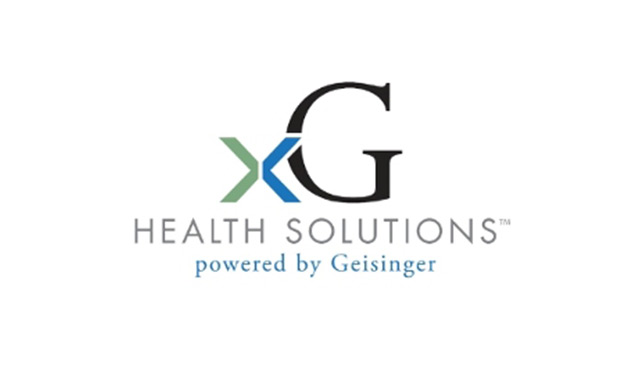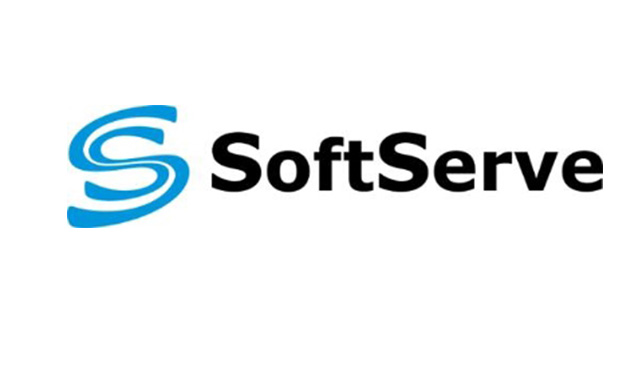For most people, adolescence is a time marked by struggle: the lure of adulthood leads to the fight for emancipation from a parent’s control, and from the condemnation or disappointment of authority figures while they explore their own emerging sense of self. Physicians have long been told to be neutral and objective when addressing the unique needs of the teenage population, including sexual and reproductive issues as well as questions of mental health. But as health records are increasingly shared online and EHR notes are made open to patients, teenagers under 18 may have another thing to rail against: the idea that their parents can see what they say to their doctor by logging on to a patient portal.
Privacy for adolescents is a murky area debated everywhere from schools to criminal courts. In healthcare, teenagers rarely have full confidentiality when it comes to their records, since they often rely on parents or guardians to pay for services and help them make decisions. As children get older, they are often given more and more control over their information, but not everyone develops at the same rate. One 14-year-old might feel comforted knowing that her mother can see the results of her first gynecological exam, while another may not want her parents knowing that she’s sexually active and seeking birth control or an abortion.
As this information is collected in an EHR and pushed out to patient portals and open note initiatives being explored by health systems like Beth Israel Deaconess and Geisinger, it becomes increasingly complicated to separate sensitive information that is scattered throughout the EHR. “We don’t want the notion that the parent might be able to see the note to inhibit the kid from asking whatever it is they want,” said Jonathan Darer, MD, chief innovation officer at Geisinger Health System in Pennsylvania, explaining how they will handle open access for teenaged patients. “We’re going to exclude patients between the ages of 12 and 17, so that there’s just no question that the parents would be able to see anything. Nobody’s comfortable at this point lighting those notes up.”
Fabienne Bourgeois, a pediatrician at Boston Children’s Hospital, agrees that it’s a difficult area to navigate. “Many medical encounters with adolescents come with the verbal assurance that what they tell us will (under most circumstances) remain entirely confidential. As it turns out, this type of confidential information is pervasive through most EHRs,” she notes in a guest post on Dr. John Halamka’s blog. Boston Children’s Hospital developed a custom solution to the quandary, which includes separate accounts for underage patients and their parents which are linked together.
“The parent has sole access to the patient’s portal until the patient turns 13, at which point both the parent and the patient can have access,” she explains. “We chose 13 years as our cut off based on a number of factors, including developmental maturity and other precedents at our institution based on their policies. At 18 years, the patient becomes the sole owner of the portal account, and we deactivate the parent’s link, unless we receive court documents stating that the parent remains the medical guardian.”
Other potential solutions involve filtering sensitive information before it reaches parent or child, but this risks fragmenting the record and preventing either party from making informed decisions about their health. Providers could also only offer access to adolescents, but determining the age when teenagers should become responsible for their own health is difficult to do on anything but a case-by-case basis. “Some parents object to being cut off from their child’s medical information and many play an important role in supporting their adolescent children and guiding them through healthcare decisions,” Bourgeois adds.
The situation will only become more complicated as patient engagement takes the spotlight during stage 2 and stage 3 of meaningful use, and providers increasingly offer unfiltered access to clinical notes. Some providers may allow patients to edit and add to their notes, which could breed trouble if fifteen-year-olds start toying with their records. Patients want access, however, and control over their own destiny – medical or otherwise – is a familiar refrain for teenagers everywhere. Providers will need to carefully wade in to the mire of family relations and privacy concerns if they are to boost engagement and remain trusted advisors to all parties involved.


















